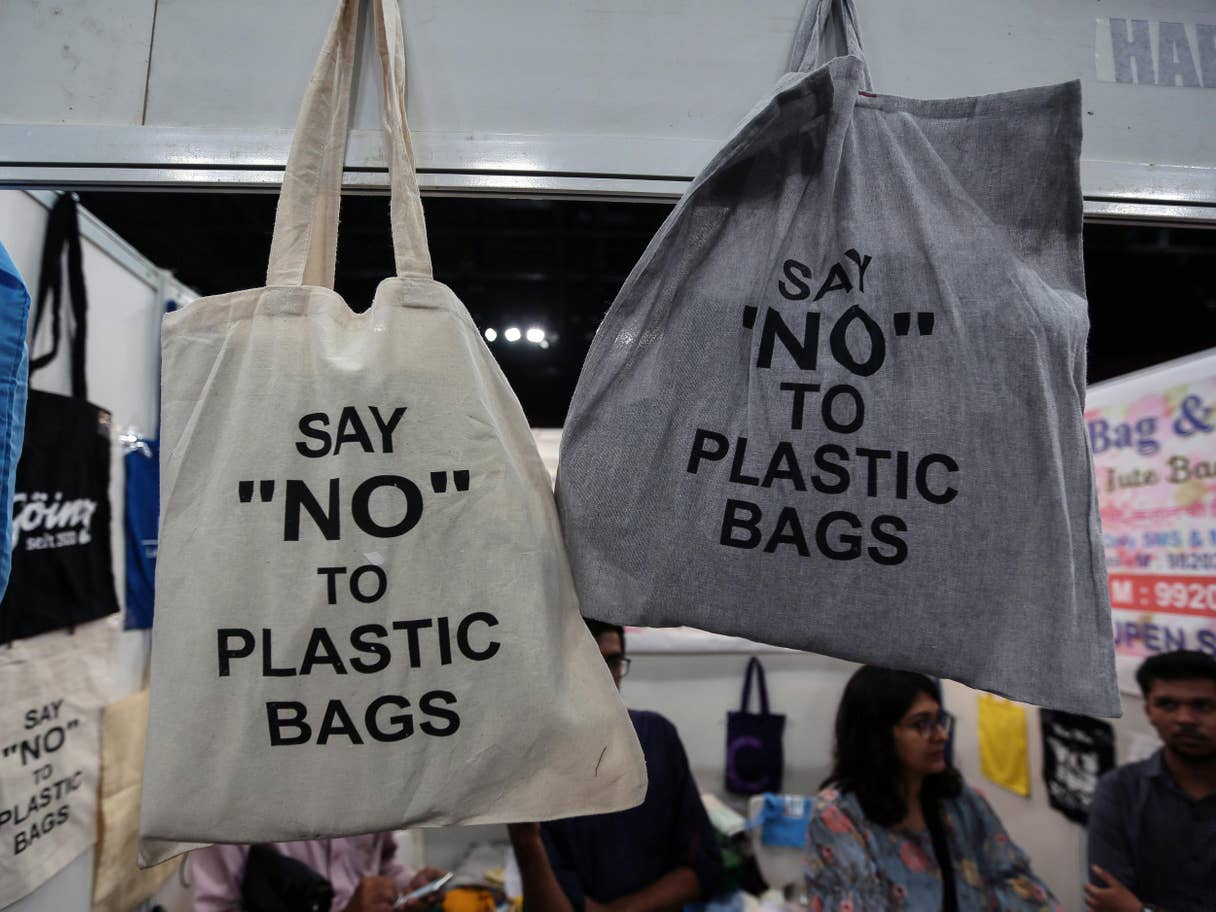Advice to “read the regulations” is not a helpful response to questioners seeking specific compliance options

Regulations are necessarily all-encompassing, whereas site conditions often require flexibility in identifying and implementing sensible and cost-effective solutions which achieve the primary regulatory goal of safer workplaces.
Time-poor employers require a pragmatic approach about how to best meet the intent of the regulations relevant to their particular operational circumstances, not a reluctance to discuss possible options with site owners.
Erosion of the pool of Compliance Certifiers intensifies concerns about the next generation of certifiers, many of whom will lack extensive industry experience and will choose to assess compliance citing strict, but arguably debatable, prescriptive performance standards, rather than discuss suitable solutions with the client.
There needs to be more effective collaboration between regulators and industry regarding mutually beneficial improvements in regulations and the means to comply and enforce.
New Zealand, by way of example, started to address the plastic waste issue by banning ‘one trip’ plastic bags and is now grappling with managing growing piles of waste plastic rejected by overseas and domestic recycling contractors.
Plastics
Local recycling is overwhelmed by demand as only a proportion (Code 1 PET, Code 2 HDPE and Code 4 LDPE) is widely accepted by local council collections. Stockpiles are growing as experimental projects seek to reuse more plastic, including building insulation, clothing, fence posts and extending road construction materials.
The majority of plastic waste has been sent offshore for recycling, where investigations reveal it is predominantly burnt, buried or, now, ‘returned to sender’. As international efforts to rid the oceans and waterways of plastic pollution continue, disposing of non-recyclable products requires an urgent, more open-minded debate to identify practical and affordable options attractive to consumers.
Replacing plastic drink containers with glass (‘Back to the Future’) requiring a refundable deposit, is the next likely step.
Agrichemicals
A levy on recyclable agchem containers, supported by a government subsidy for free collection and disposal of surplus products, is achieving a high rate of return. Stockpiles of unwanted agrichemicals on farms and orchards are reportedly minimal. The remainder of the business community, however, must take its hazardous waste to local landfills or call a waste disposal company, both at their own expense.
Household rubbish
As landfills reach capacity, community objections to new facilities are increasingly delaying approvals. Sorting the detritus of a consumer driven, throw-away society to recover recyclables is both time-consuming and expensive, particularly when export markets for selected recoverables are closing, as importers look to protect their own communities.
E-Waste
E-waste poses a particular problem, despite increasing demand for the recoverable rare metals required for new phones and computers. Children scavenging waste dumps are dying due to the absence of safer recovery processes, as environmentalists seek to curtail mining.
Fossil fuels
KiwiRail’s intention to use10 percent biofuel follows successful trials by Air New Zealand and other airlines to evaluate biofuels to reduce reliance on fossil fuels. Production limitations mean greater substitution is not yet within reach and fossil fuels, with their ease of supply, will remain the popular, long-term choice.
Australia’s approval for reportedly the world’s largest coalmine to supply India’s 250 electricity plants highlights the need for action if the worthy aspirations of the 2018 Paris Agreement on Climate Change are to be met.
Assuming the rain continues to fall and the winds blow, extending New Zealand’s commitment from the present 83 percent to 100 percent renewable energy by 2035 (recently revised from 2025) relies heavily on science — predominantly cost-effective fuel cell technology, together with research, innovation, government support and pragmatism.
Given new predictions from New Zealand’s Independent Climate Change Committee (ICCC), achieving the 100 percent target means retail electricity costs would rise by 15%.
Tyres
Despite a levy on new tyres to encourage recycling, mountains of used tyres pollute our landscape, harbouring vermin and posing a major fire hazard. Subsidising recycling options has failed to reduce the one million-plus stockpiles.
Feeding the world
The burgeoning global population, together with the more devastating effects of climate change, pose increasingly difficult challenges. When the traditional monsoons don’t come, deforestation continues to destroy rain forests and intensive agriculture degrades and depletes water supplies, drastic solutions will be required. If it is correct that 20 percent of food produced is wasted, new strategies are urgently required.
Pragmatism vs ideology
Science offer solutions to many of these increasingly urgent problems threatening our quality of life, yet populist campaigns discrediting vaccinations and advocating bans on fossil fuels, genetically engineered food and nuclear energy, inhibit the quest for effective solutions.
Coal and oil increasingly provide essential raw materials for industry applications, together with sustaining our quality of life.
New Zealand’s high-quality coal produces sought-after, high grade steel, while billions of people continue to rely on coal for their energy needs.
Mass transport depends on fossil fuels until new technologies produce practical and affordable alternatives.
Nuclear energy is a cleaner option for power generation, plants offer environmentally friendly packaging solutions and chemicals ensure clean water supplies.
State of the art, low emission incinerators produce energy from intractable and hazardous waste, reducing air pollution and pressure on landfills.
The case for genetic engineering
Genetic engineering offers increased yields of more resilient crops as chemistry delivers more effective, but less hazardous agrichemicals, together with improved healthcare.
Timely examples could be GE disease-resistant trees helping to save our embattled Kauri and combating the invasion of Myrtle Rust.
Predator-free New Zealand by 2050 should include genetic engineering solutions to eradicate pests, allaying public concern regarding 1080 poison and strengthening the survival chances of threatened species such as the Kakapo and Kiwi.
An overdue positive step would be to comprehensively review the science and public understanding of genetic modification in today’s society.
Major advances, particularly in pharmaceuticals and food, have occurred since the neglected 2001-2002 Royal Commission into Genetic Modification recommended monitoring scientific progress.
A panel of experts co-chaired by the Prime Minister’s Chief Science Advisor and her predecessor, together with the EPA, Ministry of Health and the Parliamentary Commissioner for the Environment, should review the science options available in a considered, non-partisan debate and recommend pragmatic solutions to our sustainability challenges.
The “regulated” are keen to help.
Are we up for the debate?
 Barry Dyer
Barry Dyer
Responsible Care New Zealand Chief Executive
The views and opinions expressed by Media Solutions content partner Barry Dyer may not necessarily be those of Responsible Care New Zealand
Read a full report in the August-September digital and print editions of AsiaPacific Infrastructure, Industrial Safety News and Property&Build on the issues raised by Content Partner Barry Dyer.
It reports on:
- the drive for sustainable plastics
- a fossil fuel driven power station in the USA that leaves no carbon footprint
- a proposal to dispose of all of the country’s waste, including plastics, by low emission, power-generating high- temperature incineration in Meremere
- New Zealand proposals for a circular economy — who is getting the millions of dollars in government grants to help make it happen and why has it not worked?




